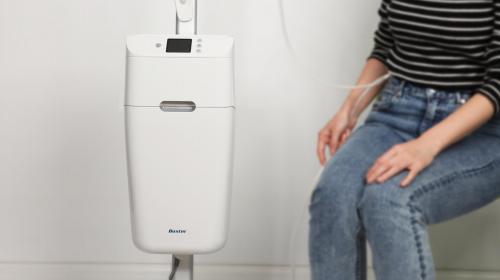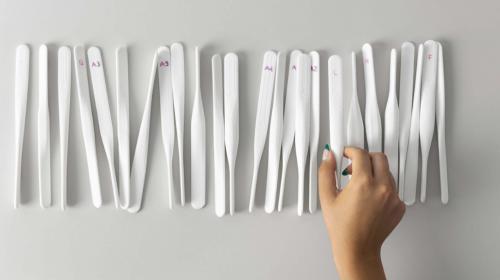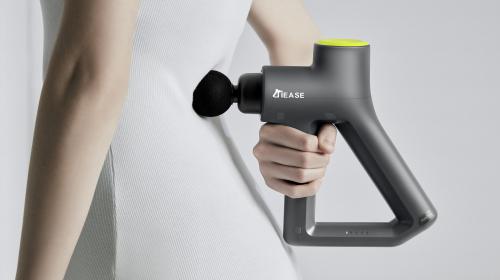
QUEEN MARY'S UNIVERSITY
MMP9 Detector
Advanced technology
made easy
Working with QMUL, IDC produced a clever device to monitor multiple sclerosis by using protein markers in blood.
IDC was commissioned by Queen Mary’s University London (QMUL) to produce an ergonomic and user-friendly bio-sensor holder and base unit enclosure for monitoring the condition of those living with multiple sclerosis (MS). This device measures levels of a specific protein marker (MMP9) in blood samples to detect worsening symptoms of MS.
Working with QMUL and other partners, IDC worked on a range of concepts for the base unit enclosure. The design was enhanced by adding a splash proof membrane keypad and a hinged lid which allows the user to insert a disposable foam pad. This pad prevents the blood sample from evaporating during the analysis process.
The removable waterproof sensor holder incorporates a ceramic heater, which maintains the temperature of the bio-sensor chip during the test procedure. The product uses a two-part design with a disposable capillary-fill sampling chip that plugs into the main unit via the heated holder during testing. A small blood sample is placed on the sampling chip, which once inserted must maintain optimum contact with the bio-sensor at a temperature of 37∘C for testing.
The Result
- Eliminates the need for expensive MRI scans
- Low Cost
- Easy to use
- Addition of USB connector means results can be exported and analysed by Doctors









